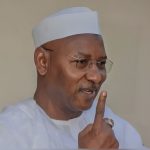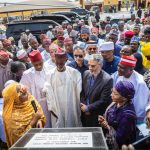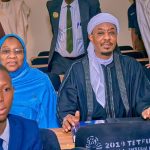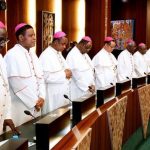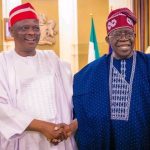The Nigerian Supreme Council for Islamic Affairs (NSCIA) has applauded Gov. Dikko Radda of Katsina State for reinstating Christian Religious Studies in public primary and secondary schools.
In a statement signed by its Secretary-General, Prof. Is-haq Oloyede, the council described the move as “bold and exemplary”, saying it promotes religious inclusivity in the education sector.
“The governor exhibited justice, fairness and inclusivity — eternal Islamic precepts — through the reintroduction of Christian Religious Studies in schools across the state,” the council said.
It noted that the gesture aligns with Qur’anic principles of equity, justice and protection of minority rights.
“It is common knowledge that Islam condemns the persecution of minorities in its totality.
“During the first century of Islamic suzerainty over Arabia, Prophet Muhammad (SAW) emphasised the rights of minorities to freedom of belief and worship and strived to protect them from persecution,” the statement added.
The NSCIA, while backing the teaching of Christian Religious Studies in Muslim-dominated states, urged governors in Christian-majority states of the South-East, South-South and parts of the South-West to reciprocate by permitting Islamic Religious Studies in their schools.
“The Council therefore urges governors of South-Eastern, South-Southern and some South-Western states, where the teaching of Islamic Religious Studies is prohibited, to learn from the good example of Gov. Radda.”
It cited the case of Rivers State University where Muslim students and staff are allegedly denied the right to observe daily prayers despite court judgments in their favour.
“The case sums up the persecution of Muslims in Southern Nigeria,” Oloyede said, recalling how Rivers authorities appealed up to the Supreme Court but allegedly declined to obey judgments of lower courts.
Describing Radda’s action as a model of inclusive governance, the council urged political leaders to eschew partisanship and promote pluralism.
“The progress of Nigeria remains inextricably tied to the willingness of leaders to embrace justice and inclusivity,” the statement added.

